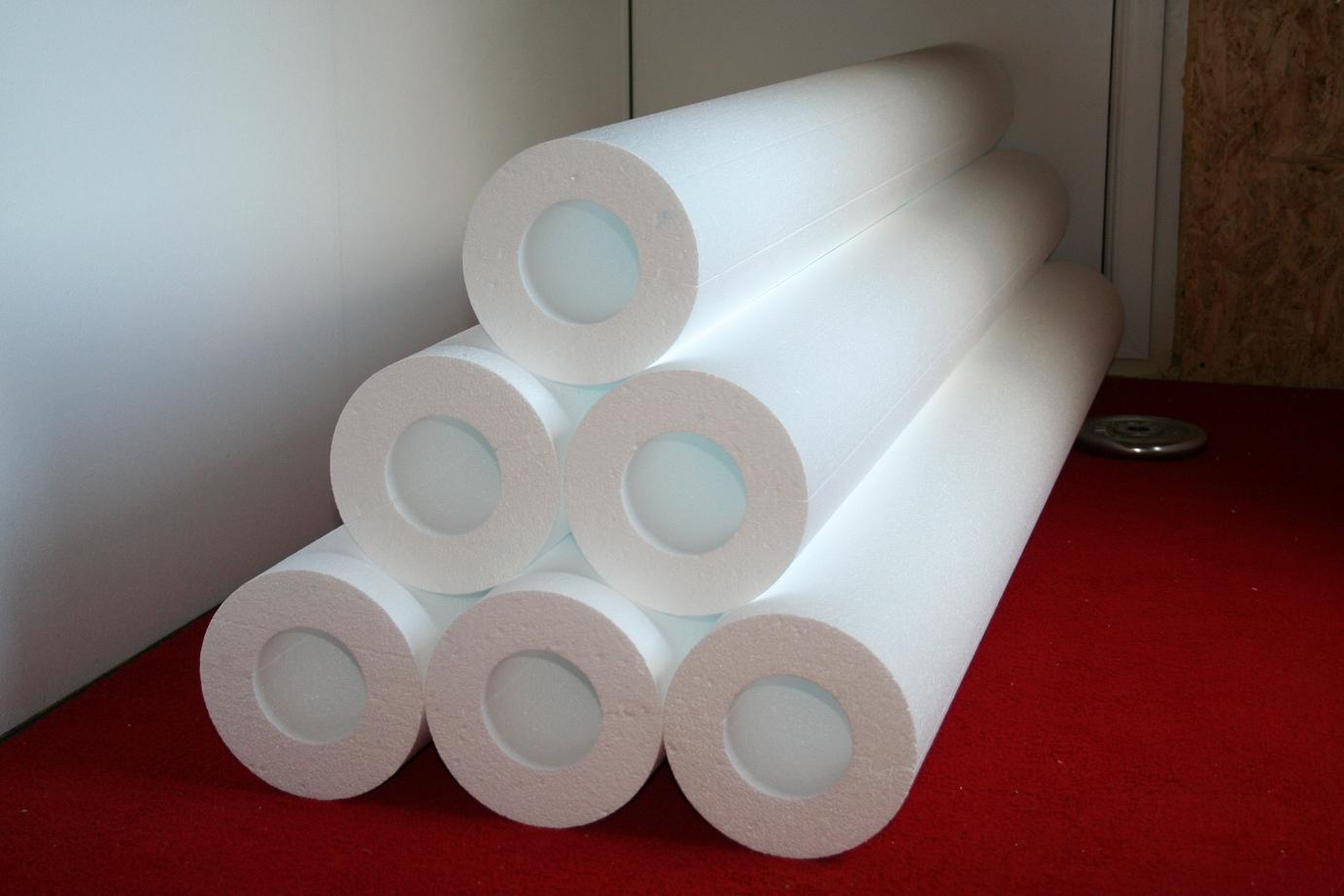
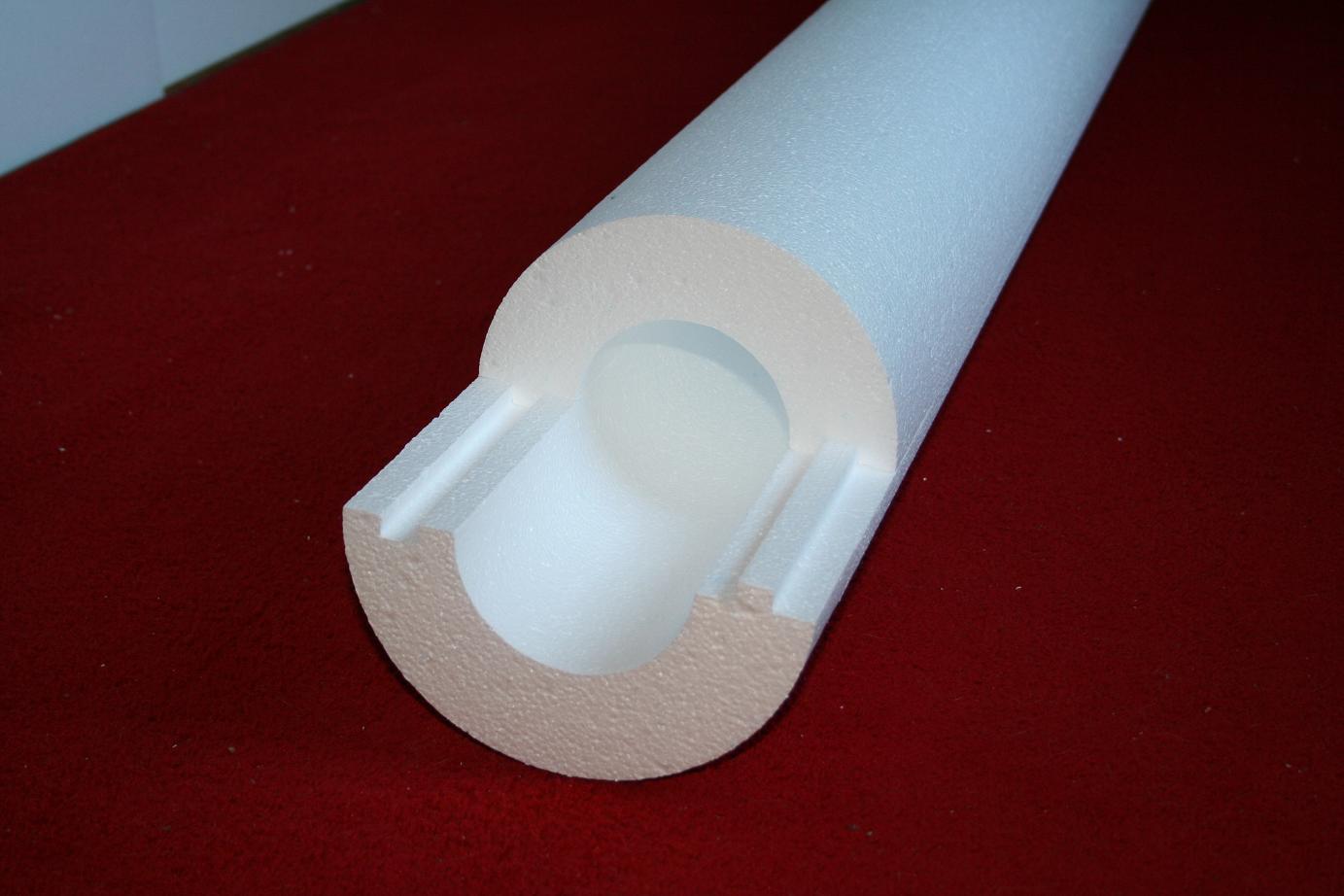
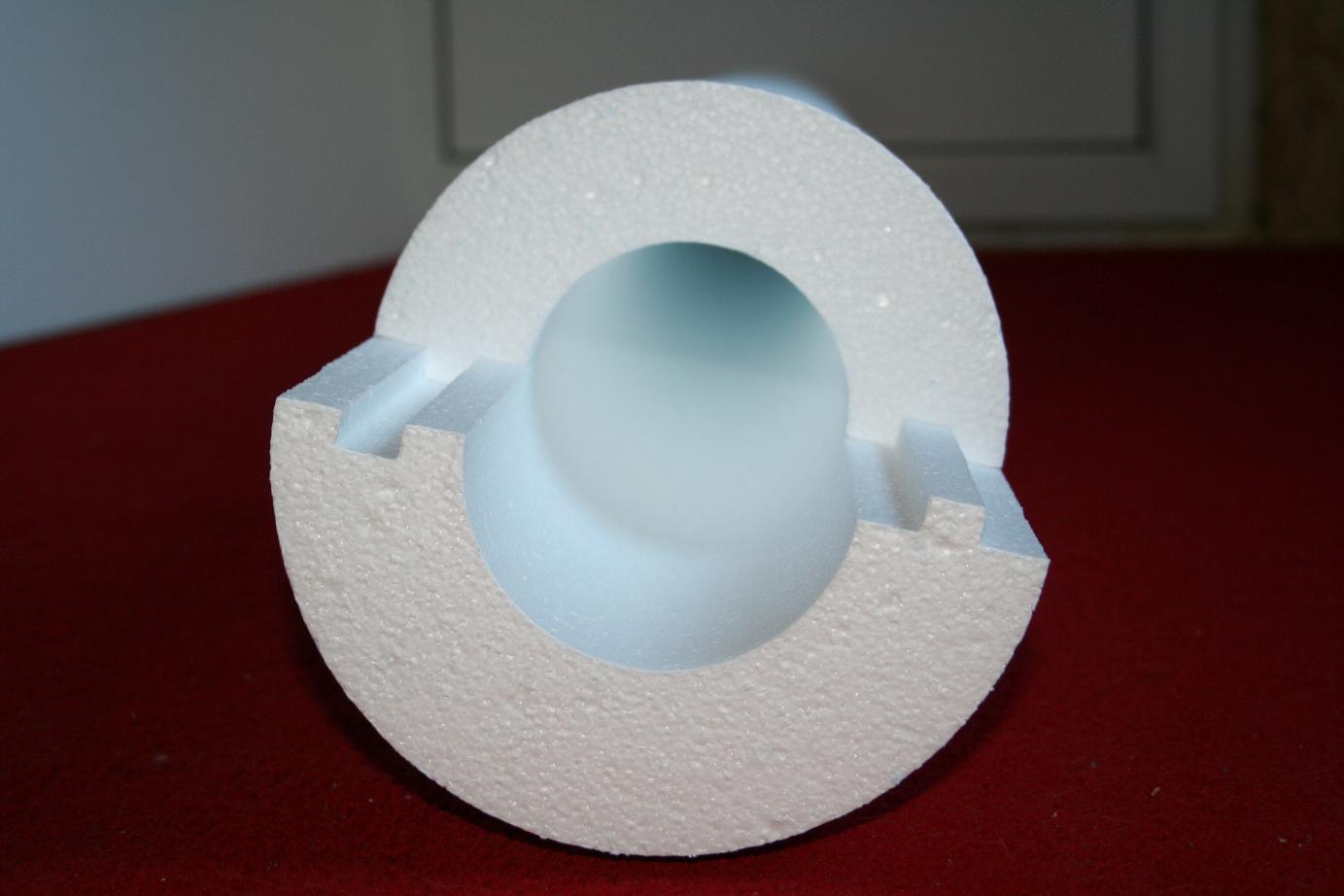
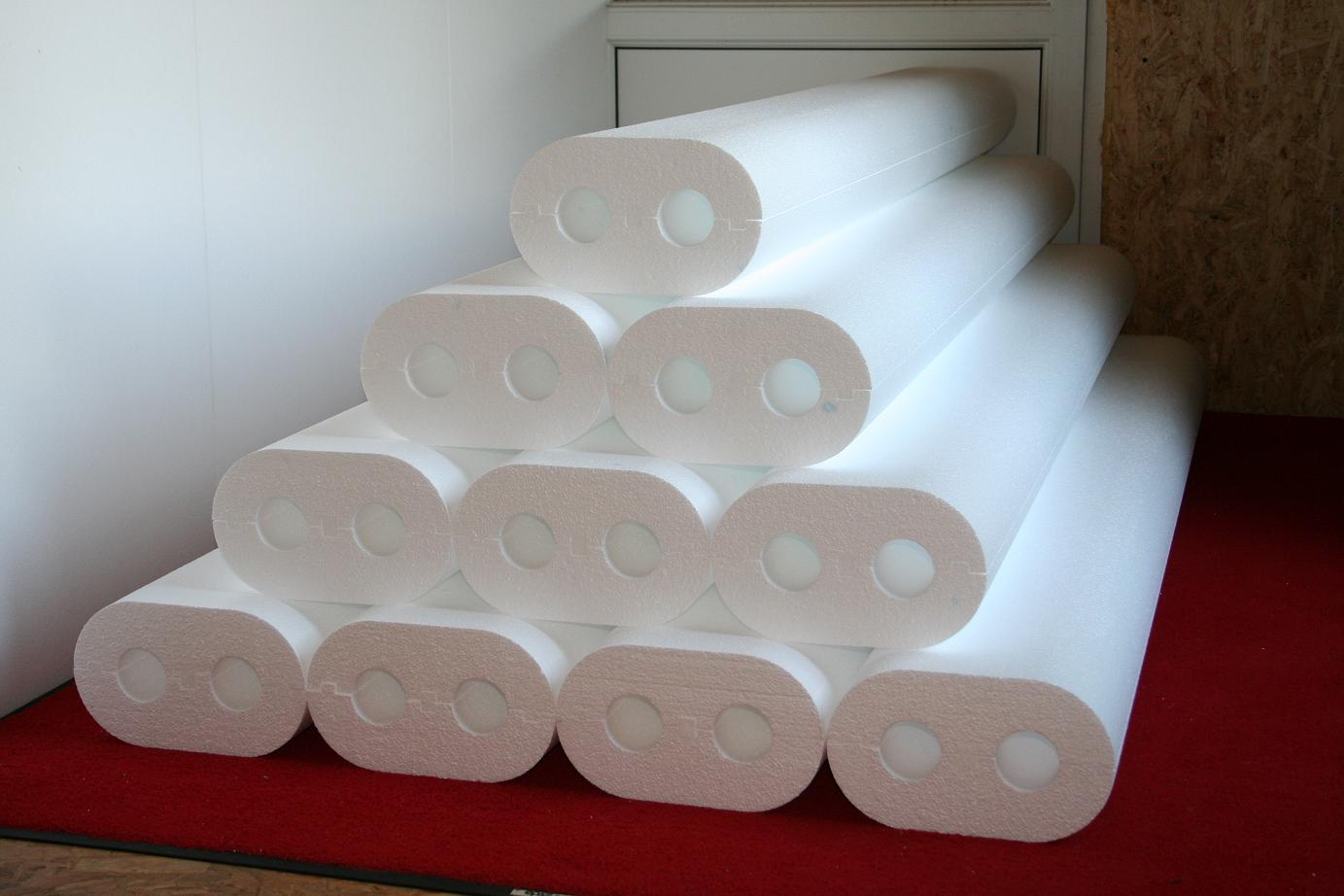
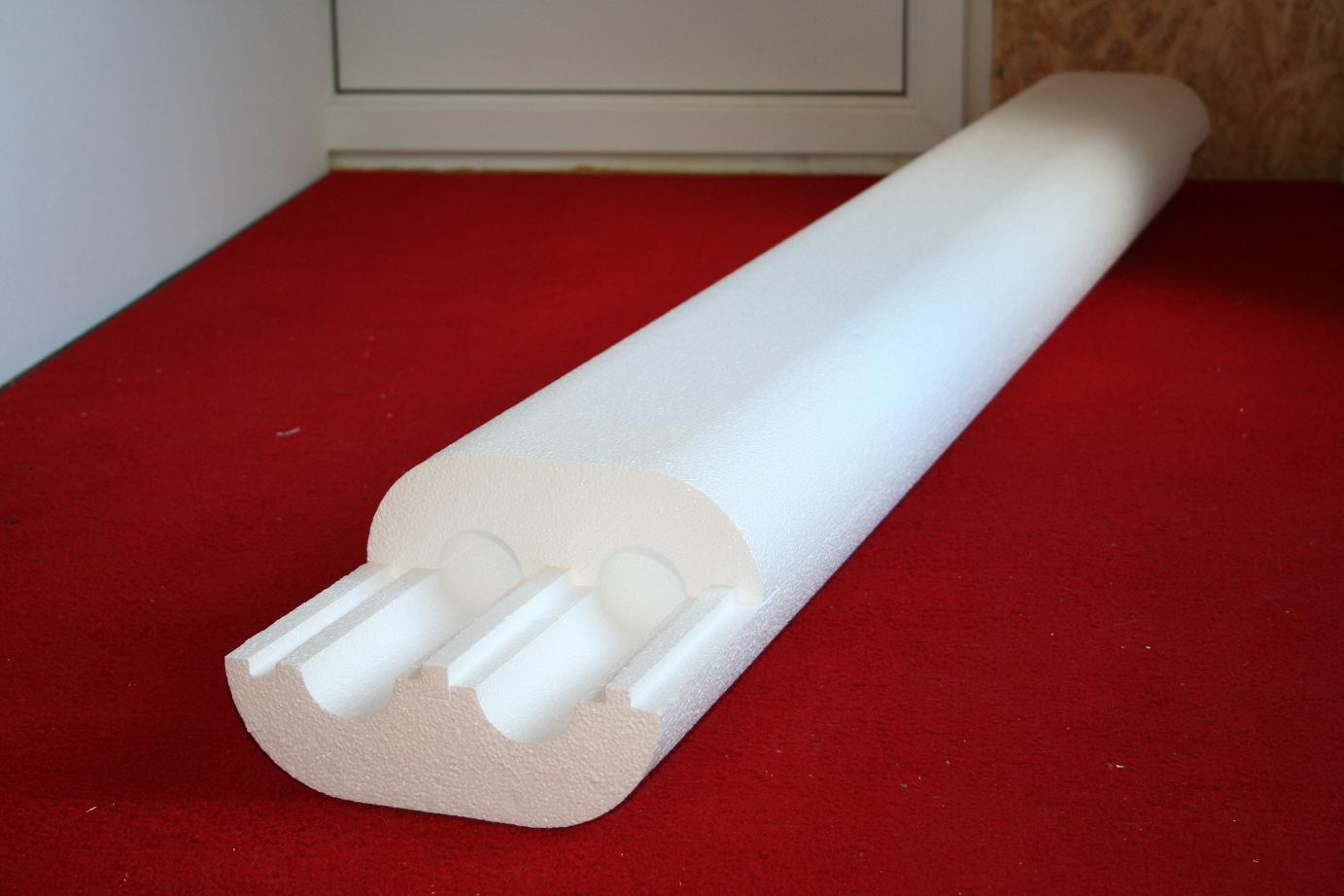
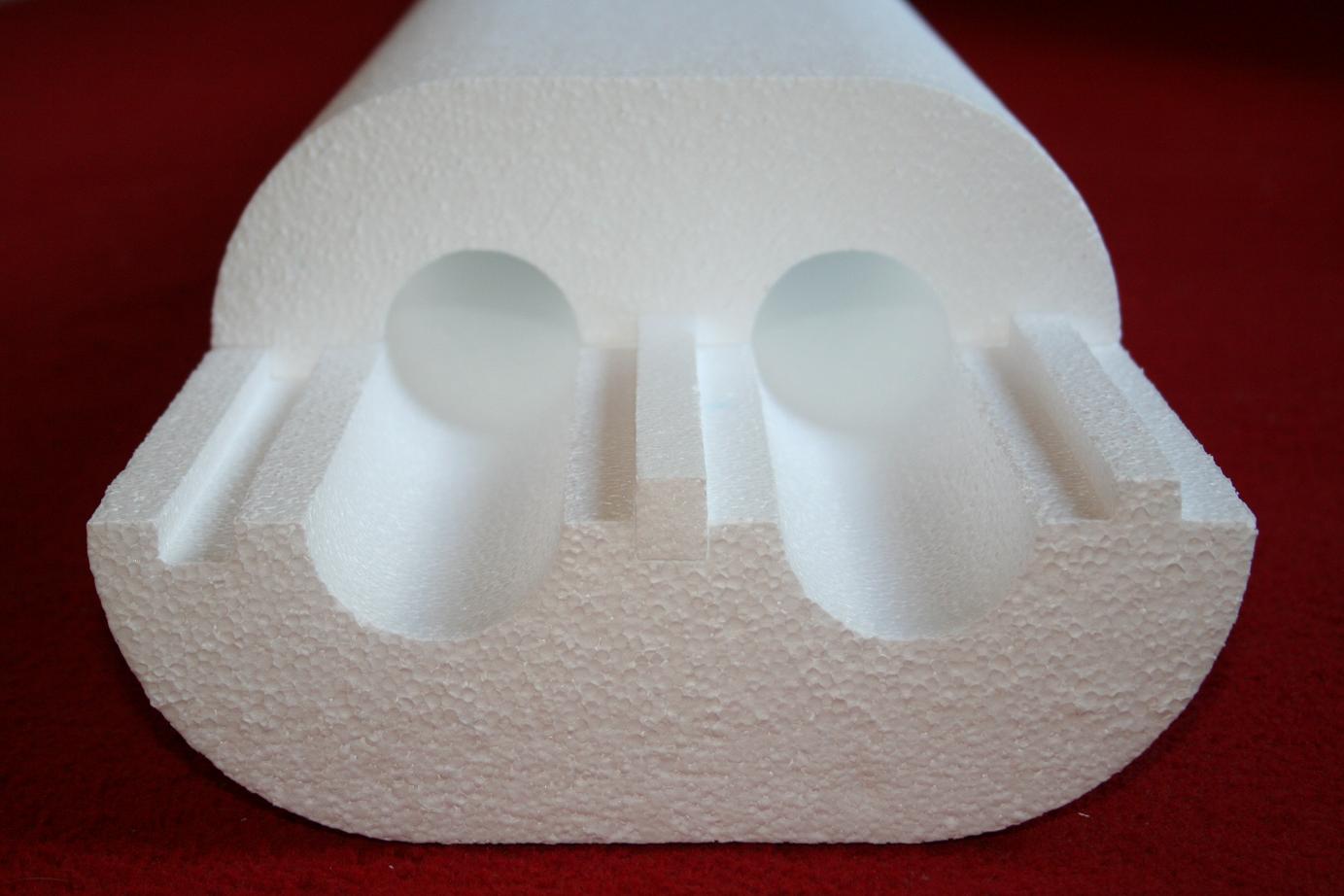
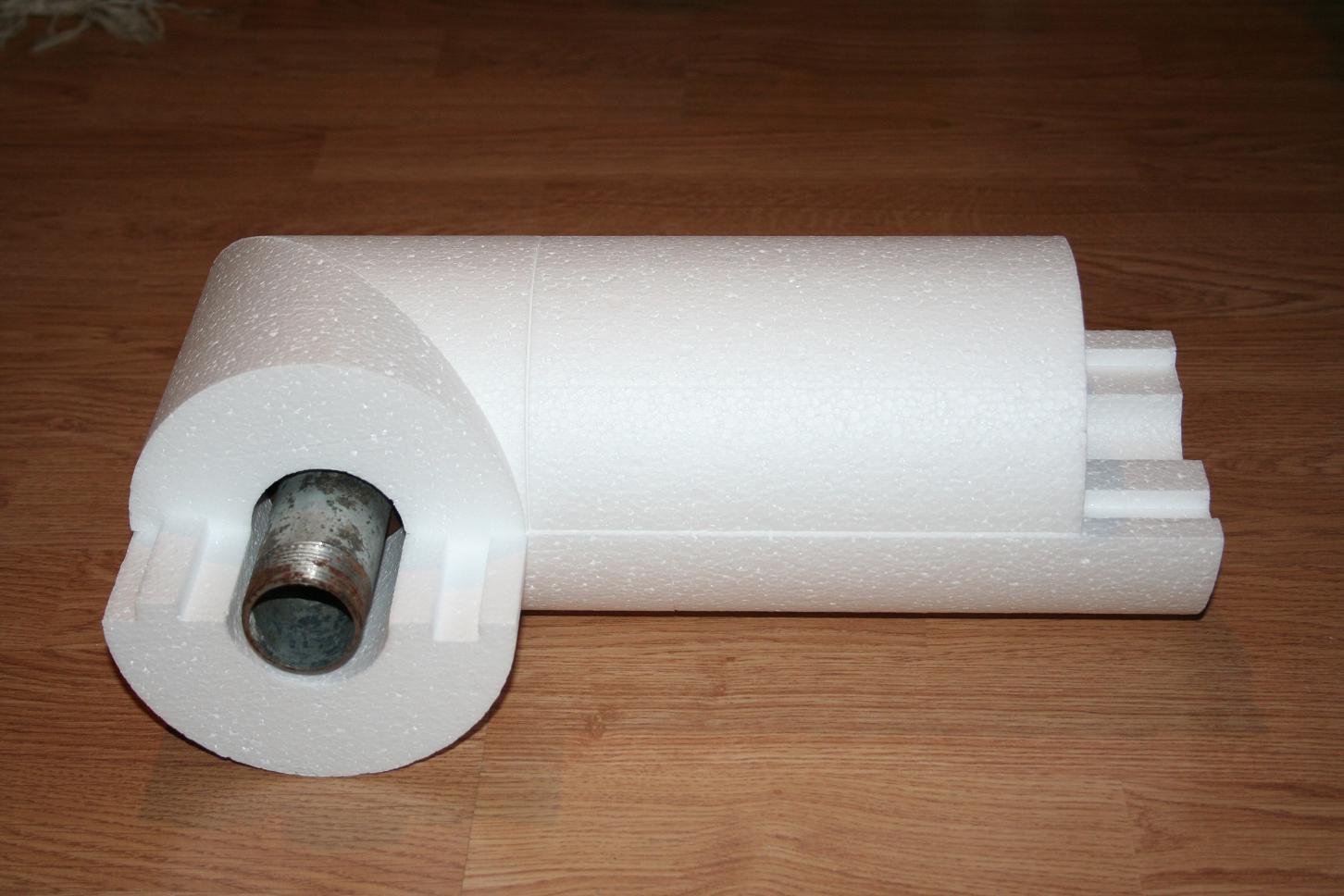
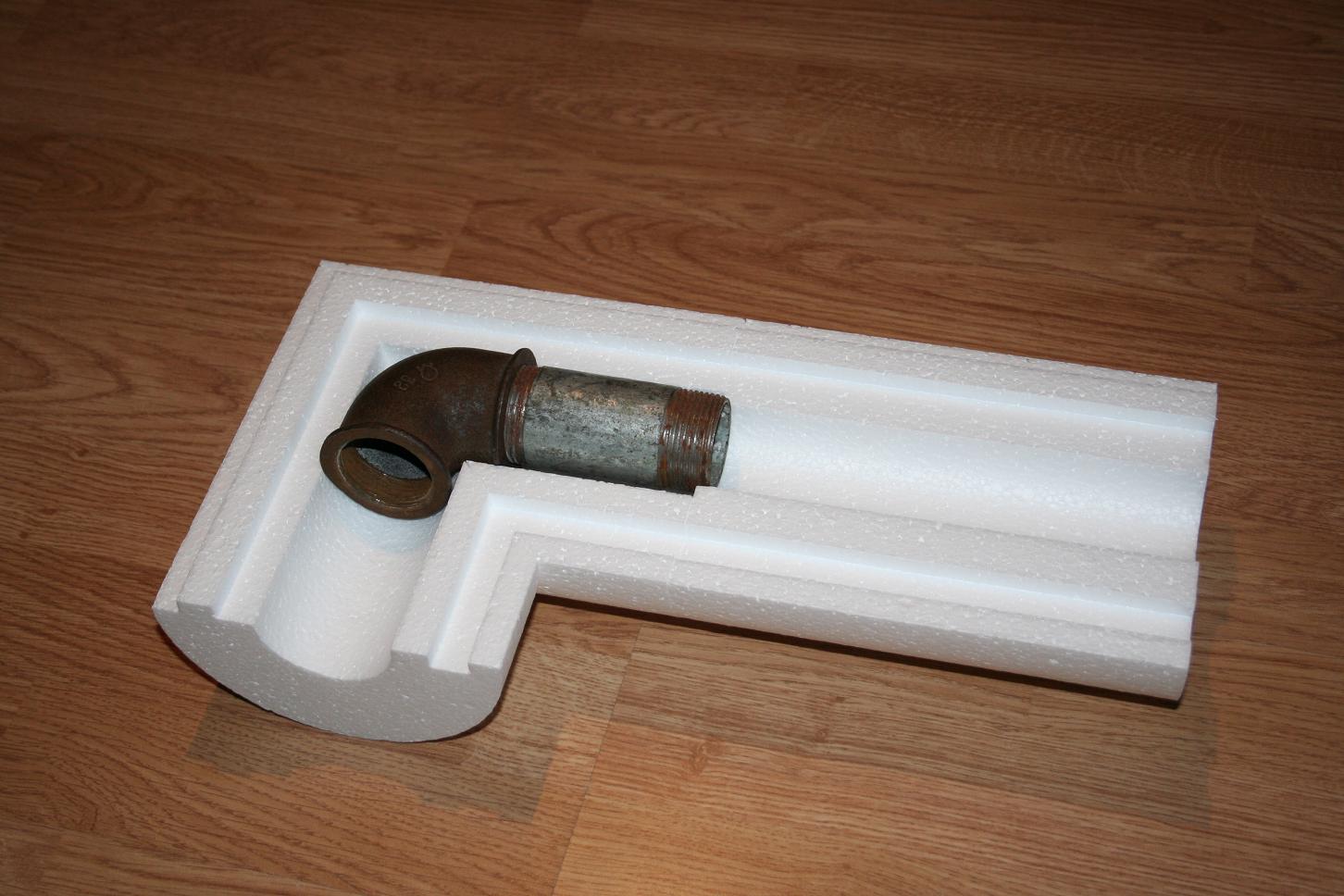
Polystyrene (EPS) packaging made to order.
Reliable protection during transport of both fragile and heavy items.
Lightweight, moisture-resistant, compatible with other packaging.
Lightweight and durable polystyrene (EPS) thermocontainers.
For storage and transport of food, medicine, and more.
Maintain both heat and cold.
Custom sizes available.
When in doubt - use this!
Packaging:
For items with irregular shapes;
For single pieces;
When urgent packaging is needed...
Elements for facades and interior decoration.
Also for theatre and film sets, holiday decorations, shop windows, and more.
Various shapes and sizes, easy to install.
Imitation of different materials thanks to a wide choice of coatings.
Polystyrene (EPS) insulation for pipes of any diameter.
For pipelines, heating systems, sewage, and chimneys.
Easy installation, reliable cold protection.
Volumetric advertising elements - letters, inscriptions, symbols, logos.
Various sizes, modular structures, lightweight.
For facades, interiors, and exhibitions.
Polystyrene (EPS) products of varying complexity made to individual designs.
Contour 2D and 3D cutting.
2.5D and 3D milling.
Crushed polystyrene (EPS) for pouring, insulation, and backfilling.
Lightweight, dry thermal insulation material for construction.
Where we are located